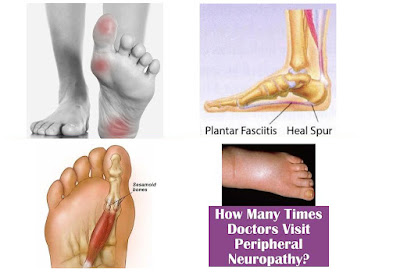Stay motivated
-Finding the time to get up and go to the gym is difficult with all your obligations.
-Intermittent fasting: It's easier to restrict your calories for 16 hours at home than deal with
hunger pangs on your commute.
-It's cheaper! You don't have to spend money on classes or gym fees.
A short routine
For those who are struggling to find the time to hit the gym, worry not. There are so many workouts that you can do right at home and only require a few items like a workout mat, pair of dumbbells, resistance band and even some body weight exercises.
Exercise on your terms
We can go on and on about the benefits of home workouts, but we're betting you don't want to read another list of excuses for not exercising. Luckily, your apartment is stocked with all the equipment you need for a fantastic workout. Forget about feeling lazy or having no time because with these workouts, you'll never have an excuse again!
Affordability
One great thing about working out at home is the convenience and affordability. Working out in your own space means that you can do it anytime, anywhere, without spending money on a gym membership or transportation to get there. It's also more affordable, meaning that you can work out without risking going into debt over the cost of purchasing workout equipment.
Stay safe at home
A home workout is a great option for people looking to stay fit and healthy, but who can't afford gym memberships or other expensive training facilities. For example, if you need to avoid specific equipment for physical or medical reasons or would just prefer the convenience of working out in your own home, a home workout is the perfect solution. Plus, there are benefits to breaking a sweat at home that can't be achieved by working out in public areas- like not having to worry about unwanted attention or unsolicited comments.
Do it at any time
Having a home workout routine is like having your own personal gym and personal trainer at the convenience of your own home. No matter what time it is, you can have a quick, effective workout because it's all at the touch of a button! Plus, you don't have to go to the expense and time commitment of going to a gym.
No excuses!
There's no time like the present to start working out. At home, we have a small window to fit workouts in throughout the day, so the onus is on us to be efficient and do them. In this post, I'll break down some of the benefits of working out at home that you may not have considered.






























